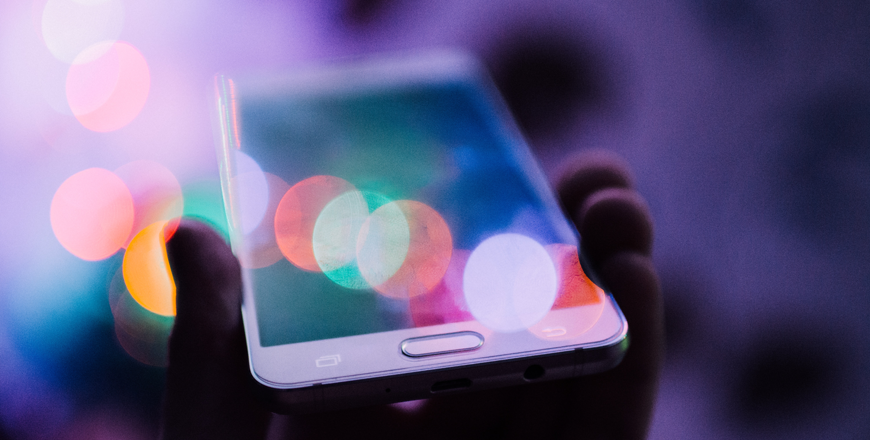You are here
‘Balance’ is key in managing teenagers’ social media use, say experts
By Rayya Al Muheisen - Jun 10,2023 - Last updated at Jun 10,2023

Representative image (Photo courtesy of unsplash/ HYPERLINK "https://unsplash.com/@frostroomhead" Rodion Kutsaiev)
AMMAN — Amid concern from parents regarding teenagers’ extensive social media use in addition to online school hours, experts are urging caregivers to strike a balance, encouraging responsible Internet use, setting limits on screen time and fostering open communication with teenagers.
In today’s digital era, teenagers spend an average of seven hours and 22 minutes on social media daily outside of school hours, according to a 2019 study by “Common Sense Media”.
The pervasive presence of social media and Internet usage among teenagers has prompted discussions among parents, sociologists and child psychiatrists in an attempt to discover the long-term consequences of the phenomenon, both positive and negative.
Parents hold varying opinions on the matter. Areej Michale, a parent of a teenage boy, told The Jordan Times that she and her teenager both appreciate the potential benefits of social media platforms.
“My teenager considers social media platforms as tools for communication, self-expression and connection with peers,” Michale added.
Michale added that social media platforms have the positive influence of certain online communities, which encourage creativity, support and the exchange of ideas.
Conversely, Faris Madaha, the parent of a teenager, expressed concerns about the downsides of social media platforms.
“We as parents worry about the risks of cyberbullying, exposure to online predators and the potential impact on children’s mental health,” Madadha told The Jordan Times.
I fear that excessive screen time might hinder the development of real-world relationships among teenagers, said Madadha.
Sociologist Hussein Khuzai told The Jordan Times that he fully acknowledges the positive aspects of social media, such as the democratisation of information and the exposure to diverse perspectives.
“These platforms empower young individuals, enhancing their digital literacy, global awareness and social activism,” Khuzai added.
However, caution against the potential pitfalls is a must, said Khuzai.
“There is an increasing risk of addiction, the impact on self-esteem due to social comparisons and the erosion of privacy,” Khuzai added.
Child psychologist Dua’a Fallah told The Jordan Times that the long-term psychological consequences of teenage social media and Internet use are “very diverse”.
“Excessive screen time can disrupt sleep patterns, contributing to sleep deprivation and affecting cognitive function,” Fallah added.
Additionally, Fallah stated that cyberbullying and online harassment can lead to anxiety, depression and social withdrawal.
On the positive side, Fallah encourages parents to acknowledge social media’s potential to provide a platform for support and self-expression, enabling teenagers to find like-minded communities and explore their identities.
“It is essential to strike a balance. Encouraging responsible Internet use, setting limits on screen time and fostering open communication with teenagers can help mitigate the negative effects,” Fallah added.
Engaging in offline activities, promoting digital literacy and nurturing healthy social relationships are crucial in the long-term development of adolescents, Fallah noted.
Related Articles
AMMAN — Experts are hailing Meta’s decision to tighten restrictions around the data made available to firms that produce advertisements targ
AMMAN — TikTok might pose “serious threats to the long-term mental health and emotional well-being of its young users”, experts suggest.&nbs
AMMAN — Parental control is crucial to face cyberbullying among teenagers, which has increased rapidly during the pandemic, according to exp
















